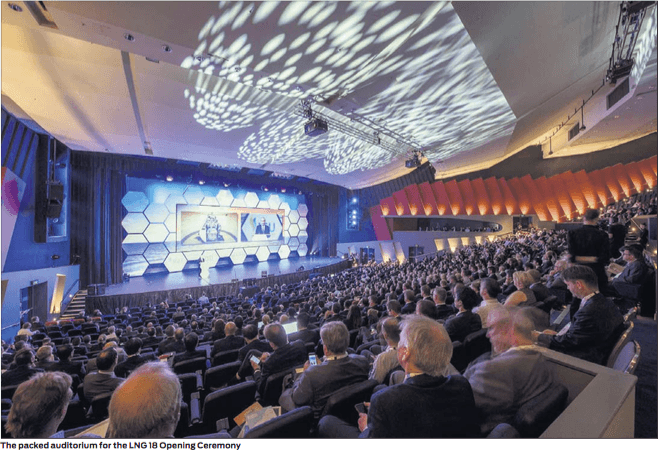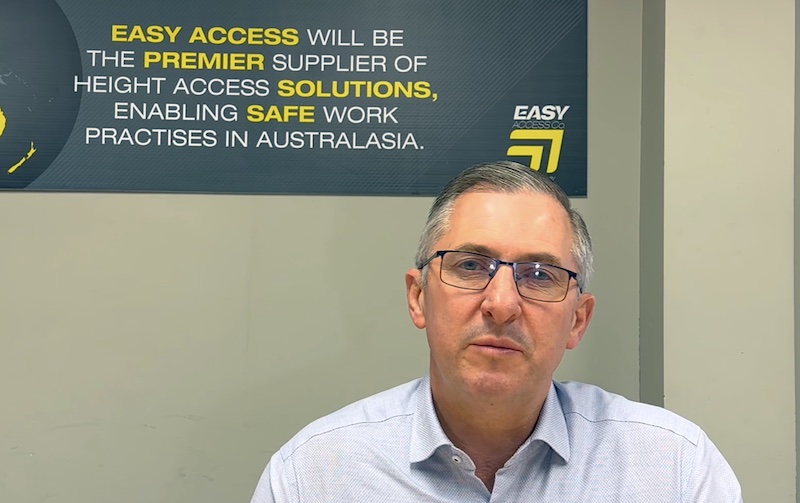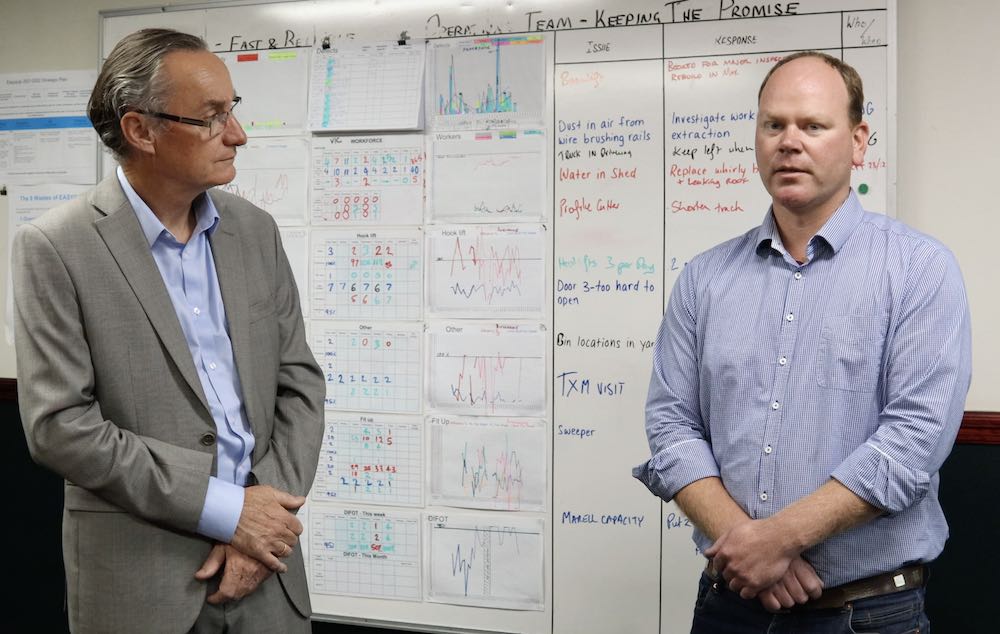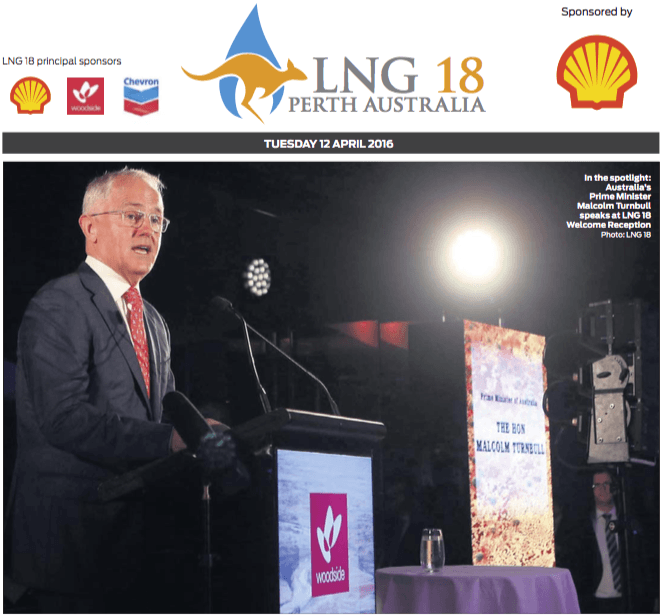 The world needs and expects Australia to become a global leader in Liquefied Natural Gas (LNG)
The world needs and expects Australia to become a global leader in Liquefied Natural Gas (LNG)
Perth welcomed the convergence of the world’s most powerful people in the LNG industry for a week in April 2016. The LNG 18 Conference and Exhibition was officially opened by The Prime Minister of Australia, The Hon Malcolm Turnbull, where he recognised the significant responsibility Australia has in providing the world the cleaner energy solution of LNG. This message was reinforced by the many speakers throughout the week, including the CEO’s of each of the major Oil & Gas corporations from across the globe. Some of the key messages from the conference were:
Liquefied Natural Gas is the future energy partner to renewable energy sources
During the 2015 United Nations Climate Change Conference, COP 21, 195 countries agreed the content of the draft treaty on dealing with climate change. To achieve the ambitious goals established in this agreement, the world needs to change its current energy generation and consumption models. This is where LNG fits into the puzzle. Although we have traditionally focused on renewable energies as the environmentally friendly solution, the reality is that LNG is a clean energy source, positioned as a vital partner to the renewable energy schemes that are are still under development and refinement.
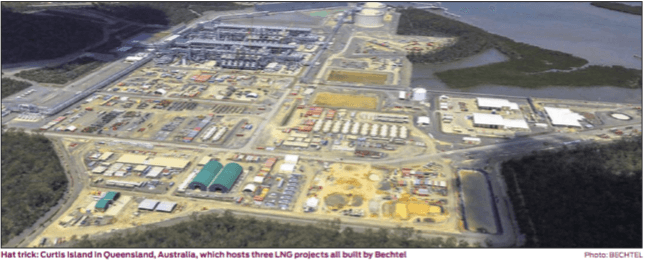
The Supply – Demand equation is shifting
The LNG industry has undergone significant transformation over the last decade, resulting in a substantial capacity increase and over-supply to the marketplace, with even more capacity coming on line over the next few years. However, industry forecasts suggest an increasing demand rate, led by the Asian market, that will see this imbalance reversed by 2020. This assumption is predicated on LNG being recognised as an affordable energy alternative that supports the global environmental agenda.
LNG needs to become an affordable energy to be a viable alternative
The LNG industry has clearly recognised that it has not performed well in terms of either construction efficiency or operational efficiency. The past decade has seen the rapid growth in LNG supply capacity, led by Australia, but has not seen sufficient improvement in affordability, particularly in Australia. In fact, the Australian LNG industry is reportedly 20 – 40% more expensive than their U.S. counterparts.
HSE behaviours needs to carry across to productivity behaviours
Commendably, the LNG industry has established exemplary capability and performance in Health, Safety, and Environmental (HSE) management, which now needs to be extended to their operational efficiencies. Thierry Pilenko, CEO of Technip, cited two key changes required in the industry: improved collaboration through the full LNG value stream; and the adoption of a productivity culture. Mr Pilenko challenged the industry to become as relentless in its pursuit of a productivity culture as it has been with a HSE culture.
The industry model needs to change
The relationship between industry stakeholders is defined in commercial terms where the focus of LNG producers is on achieving the best technological solution at the lowest price and risk, whilst suppliers strive to maximise their contract win rate and project margins. As the industry grows and matures, it is recognised that the level of industry collaboration needs to dramatically improve so as to minimise the level of “process waste” across the collective value streams.
It’s time the LNG industry learnt from the automotive and aerospace industries
The most common conversation piece of the conference was that of the industry’s poor productivity. Curiously, many of high-powered speakers and exhibitors articulated the problem, but offered no strategy to deal with this problem. A recognition of the need for enhanced industry collaboration and a focus on productivity was as close as the conversation got. However, probing a little further, it became clear that the LNG industry needs to undergo the cultural shift of the automotive and aerospace industries (along with many other industries). That is, the industry needs to adopt a model for transformational and continuous improvement. It is no surprise that Lean offers the industry the framework to achieve this goal.
LNG’s Lean revolution is inevitable
The word “Lean” conjures a variety of responses from organisations within the LNG industry. Anything from “we’ve had a highly successful Lean program running for years”, through to “you don’t understand, we’re different. Lean won’t apply to us” through to “what’s Lean”.
Organisations such as TXM have demonstrated that the achievement of a productivity culture is accessible to any industry, particularly the Oil & Gas industry. However, the challenge is for this engineering-focused industry to quickly and effectively overcome the cultural barriers that will be faced by such a radical shift. Fortunately, TXM Lean Solutions has a strong track record in achieving this transformation and is actively engaging with the industry to make it a reality.
